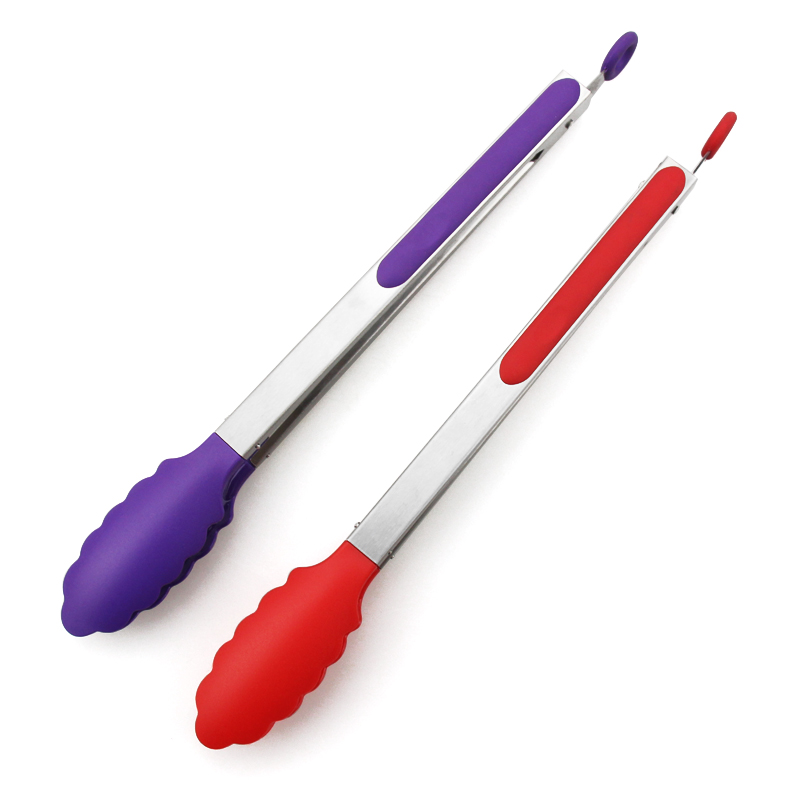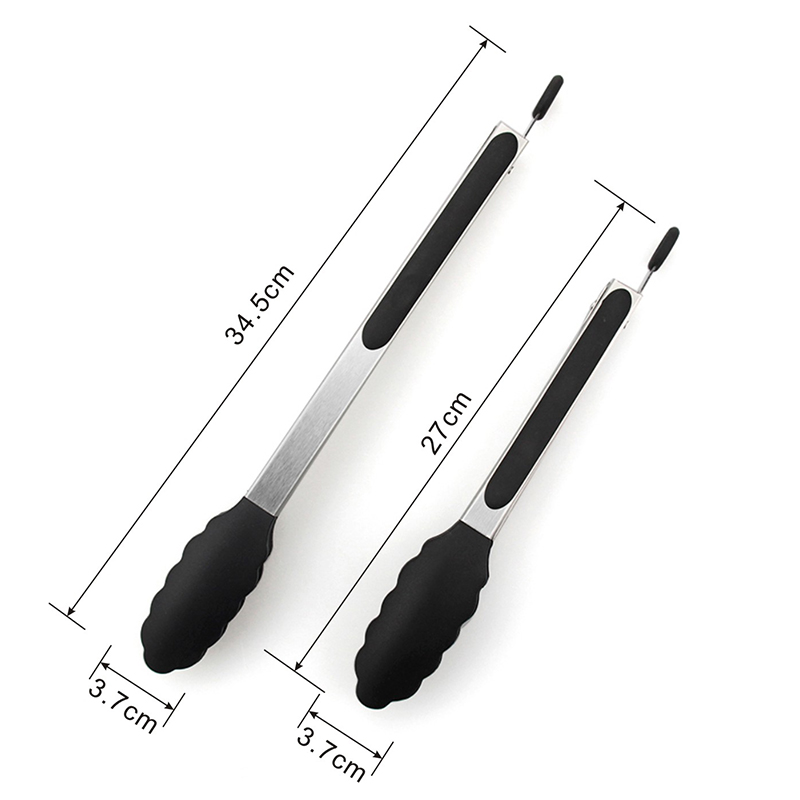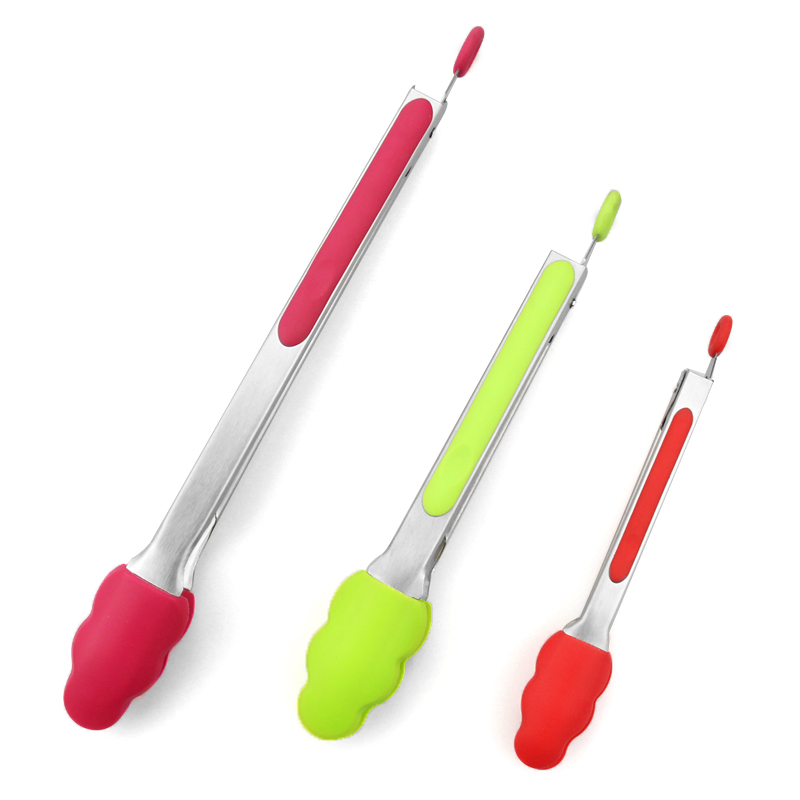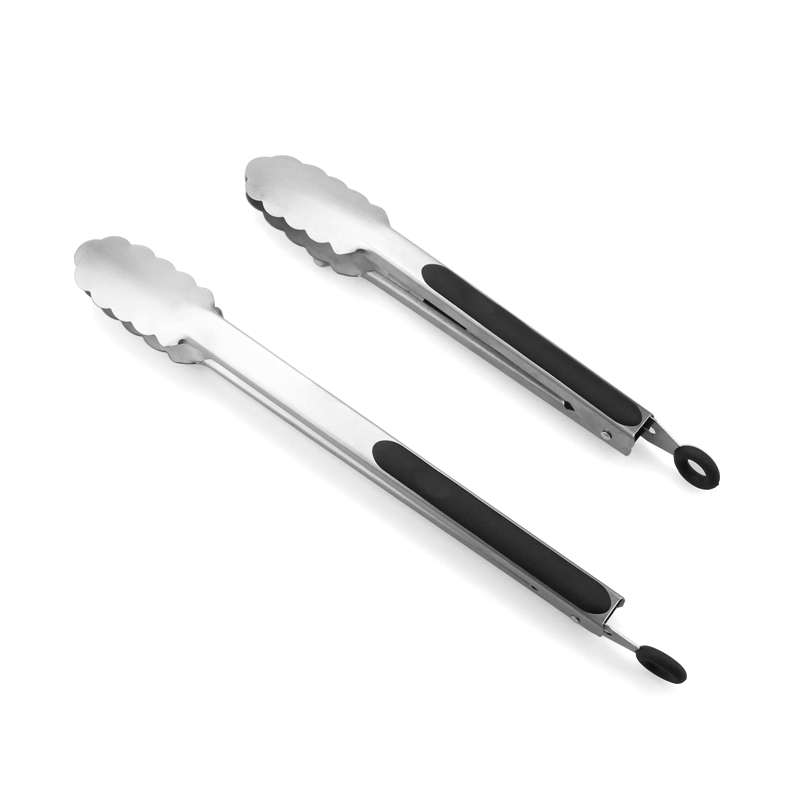Industrial papermaking is an extremely complicated process. Starting from raw materials—trees, the entire papermaking process must be closely controlled to ensure that the quality is in line with the requirements of the end-users. This requires that the paper industry must pay attention to the automation of the production process; in terms of management information, the ERP is The representative management information system has also begun large-scale application in papermaking companies in recent years. However, there is a gap in information between process automation and management informationization, which leads to the inability to integrate management with production and reduce the benefits of management. MES is the executive layer between management and field automation. It is responsible for workshop production management and scheduling execution.
MES is a new concept proposed by the American management community in the 1990s. The MES International Association (MESA) defines the MES (Manufacturing Execution System) system as follows in its association white paper:
(1) The MES system acts as an information transmitter for the optimization of production activities in the process of product release from work order to finished product output.
(2) When events are mutated, with real-time and correct information, production execution system specifications, original work conditions, data reactions, and feedback, rapid response is made to reduce production activities without added value, and the efficiency of factory production processes is increased.
(3) MES improves production conditions and on-time shipments, inventory turnover, production gross profit, and cash flow efficiency. MES also provides a two-way flow of production information between the company and the supply chain.
From this it can be seen that MES can provide the information needed to optimize the production activities completed from the order input to the product. MES uses timely and accurate information to guide, initiate, respond to, and record plant activities so that it can respond quickly to changes in conditions, reduce non-value added activities, and increase the efficiency of plant operations. MES can not only improve the return on equipment investment, but also help timely delivery, speed up inventory turnover, improve revenue and cash flow performance.
MES is the basic technical means to implement enterprise agile manufacturing strategy and realize agility in the workshop, and is the link of enterprise CIMS information integration.
In terms of application scope, MES belongs to the scope of enterprise management application software, which originated from discrete industry and extended to process industry. The application development in various industries is not the same. MESA summarized the eleven major functional modules of the MES through practice summaries: detailed process scheduling, resource allocation and status management, production unit allocation, document control, product tracking, and product list management. Performance analysis, human resource management, maintenance management, process management, quality management, data acquisition.
The MES system can command the production process control system at the production site according to the macro data plan proposed by the ERP system and conduct production management on site information such as Dingyi management, logistics management, quality management, production progress tracking management, equipment operation supervision and control, etc. Scheduling execution, which is the bridge between ERP and production control systems.
The paper industry is an important industry that is closely related to the development of the national economy and the construction of social civilization. After many years of in-depth development, the enterprise informationization in the papermaking industry has achieved certain results. Many papermaking enterprises with a certain scale have widely adopted ERP (enterprise resource planning) and PCS/DCS (field automation system), while MES is In the weakest link in the papermaking enterprise informationization, only a few large-scale enterprises have begun the application of MES. In the process of enterprise information construction, most of them are divided at both ends. One end is the management information system such as MIS, ERP, and CRM led by the enterprise information management center, and the other end is the on-site automation system implemented by the production equipment control center. PLC, DCS, PCS, etc., are independent of each other. The production plan and production site information transfer from ERP is dependent on manual operations. That is, manual input of production site data into ERP is performed at the production site. There is a fault in the flow of information between the process control and the ERP planning and management, which greatly reduces the management benefits. Through the implementation of the MES, an information bridge can be established between the two to achieve interoperability, and business managers can also grasp production information in real time and make production decisions.
Guangzhou Paper Co., Ltd. is part of the Guangzhou Yuexiu Group. In the 1990s, the company carried out management information system construction. In recent years, it also implemented ERP. At the same time, the company also attaches great importance to basic automation reform. In the enterprise information construction has achieved very good results, but relatively weak in the MES layer construction, restricting the overall function of information. The company's senior leaders recognized the obstacles to the development of their own informatization and prepared to implement the MES system in the newly launched 9-seater in 2007.
Among the MES solutions in the paper industry, there are Honeywell's OptiVersion for pulping and papermaking processes, and Zhejiang Paper's MES system for the paper industry. Honeywell's OptiVersion includes a full range of business management, from production planning, to production scheduling, cutting optimization, quality management, product tracking, shipment loading, to factory invoices, and calculation of the cost and profit of the entire process. In this way, customers can complete order processing, production distribution and management, facility management, and the final step—tracking the flow of finished products to end-users in a cost-effective manner. Among them, Da Vinci QCS provides a wide range of high-quality evaluation (scanning and non-scanning) and control functions for papermaking processes, as well as a comprehensive paper-based lateral quality adjustment system; and Experion® process knowledge system solution It also provides pulp mills with excellent management capabilities, supervisory control, and sensor-based optimization solutions. Together, they are optimized to form a true process knowledge solution that produces the highest quality products at the highest productivity. Zhejiang Zhonghua’s MES system closely follows the characteristics of the paper industry, and based on information integration and communication, the four major balancing lines (paper and paper balance, alkali balance, white water balance, and energy balance) are used to monitor the production process for users. Optimized scheduling, logistics movement and tracking, material balance (including component balancing), energy balance and management, optimization of production solutions, pulp and kappa value soft measurement, paper cutting optimization and other business requirements provide a complete functional application software, it uses "Three-tier two-library" (three-tier: data acquisition layer, data processing layer, data application layer; two libraries: real-time database, relational database) information model design, through the management network and control network to achieve information "bottom-up "Top-down" two-way communication includes subsystems such as real-time database and production process monitoring, pulp and paper balance, operational performance management, laboratory information management, equipment management, energy balance and management, and factory unified modeling.
Based on its own reality, Guangzhou Paper adopts the OptiVersion of Honeywel. The MES system realizes production scheduling, production inquiry, production process monitoring, quality inspection and control, product tracking, raw material consumption control, equipment maintenance, shipment loading, and factory invoice , Delivery query and other functions, at the same time, the system effectively integrates the automatic control system of the paper machine, and realizes the communication and integration with the enterprise ERP.
MES is becoming one of the important technologies to improve the competitiveness of enterprises by becoming the bridge and link for enterprises to achieve effective integration of production activities and business activities, optimize operation, optimize control and optimize management. The number of papermaking companies is large, and major companies are building new large-scale machines. If companies apply more advanced technologies, they will surely be more successful.
Sturdy Steel & Heavier Feel-compared to other 0.8MM THICKNESS or less Stainless Steel Kitchen Tongs, TOALLWIN 1.0MM stainless steel cooking tongs more sturdy/thicker to resistant bend/hurt hands and grips heavier food or meat; heavy duty solid rivet makes TOALLWIN serving tongs stronger than other hollow rivet and anti-broken
Scientific & Distinctive Designs-push-pull [O" ring locking design, BBQ tongs convenient to open and close; two solid built-in stands prevent kitchen gadgets tongs from touch table, clean and sanitary; shell–shaped tongs with silicone tips, effortless to hold/non-stick meat and anti-scratch cookware; ergonomic soft rubber on handle brings comfortable to grasp
Secure & Convenient to Use-food tongs made of FDA-approved BPA-free 100% food-grade silicone, heat-resistant up to 250℃/482°F, carry hot foods securely and against burning hands, ring-pull locking user-friendly for various hand sizes ,easy to use and clean, storage convenience and dishwasher safe
Multi-functional Usages-Ofargo serving tongs suitable for bread, barbecue, ices, salad, spaghetti pasta etc; a must-have Kitchen Utensils for cooking, grilling and serving many types of food; perfect gift ideas for BBQ Grill fanatics




Food Tongs
Food Tongs,Kitchen Scissor Tongs,Silicone Pasta Tongs,Stainless Steel Kitchen Tongs
YANGJIANG TOALLWIN TRADING CO., LTD , https://www.toallwin.com
